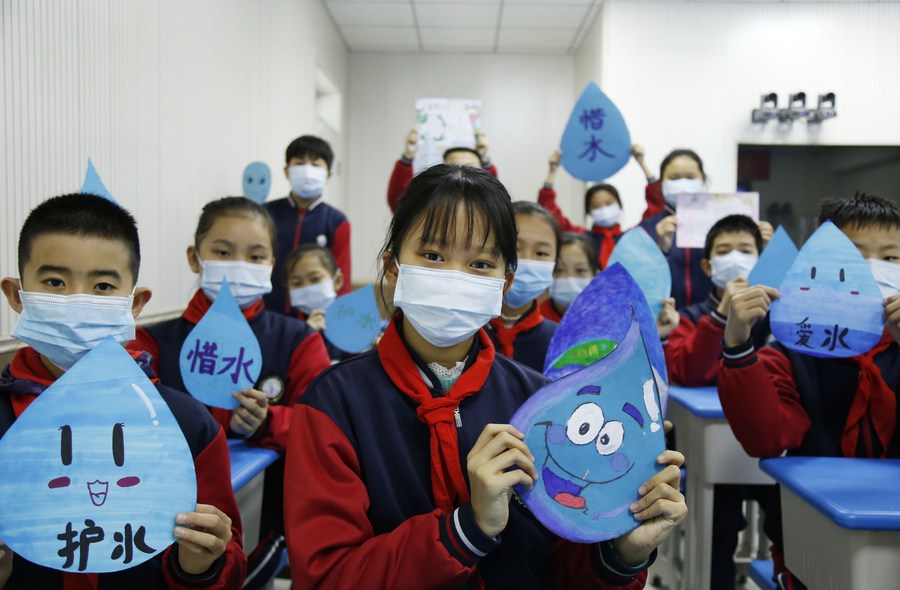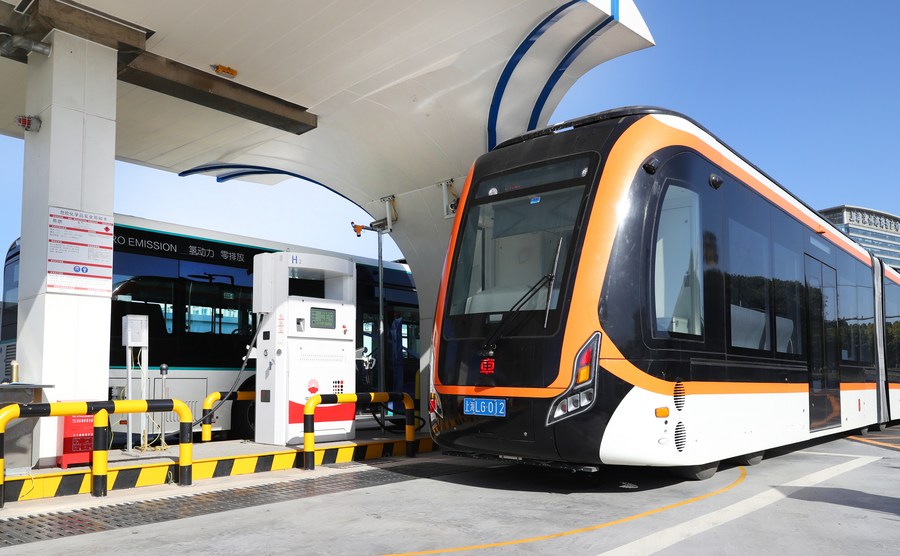Diligence and Economy Lead to Plenty

Utilized with restraint, resources will be abundant; otherwise, they will be scarce.
China carried out its 32nd annual campaign for urban water conservation from May 14 to 20, bringing resource use and management once again into the national spotlight.
Diligence and economy, including water conservation, are among the traditional values of the Chinese people, who have been taught from childhood that success results from these virtues and failure grows from extravagance.
While delivering his speech at the tone-setting Central Economic Work Conference on December 8, 2021, which specified China’s economic priorities for 2022, Chinese President Xi Jinping used a quote to stress that priority should go to resource conservation in China’s new stage of development—”Utilized with restraint, resources will be abundant; otherwise, they will be scarce.” He said the nation “should implement a comprehensive resource conservation strategy and promote conservation campaigns in all fields.”
The sentence derives from Memorial to the Throne on Current Affairs (Lun Shi Zheng Shu) by Zhang Juzheng, a statesman of the Ming Dynasty (1368-1644). It expresses the idea that resources should be utilized in proper and prudent manner, and people must practice diligence and economy, and avoid extravagance and waste.

Chinese children are told that not one grain of rice should be left in their bowls after meals. They all learn a poem that tells them “every grain of rice is the fruit of hard toil.” They are also advised to turn off dripping taps, often with the saying that “looking after water resources is accomplished drip by drip.” These virtues have long been embedded in the minds of the Chinese and incorporated into their habits and characters. Today, they are even more prized than before.
In 2022, China brought in a good grain harvest for the 19th consecutive year. It ranks first worldwide in power generation and possesses abundant water resources. However, restraint is a prerequisite for this abundance to be felt by the nation’s population of 1.4 billion. Taking water resources as an example, China’s per-capita water resources are only a quarter of the global average. Building a society that conserves resources is a must.
This ancient philosophy is consistent with China’s efforts to achieve sustainable development and should be a central concept in the pursuit of economic and social progress.
On October 16, 2022, in a report he delivered to the 20th National Congress of the Communist Party of China, Xi said that “a green and low-carbon economy and society are crucial to high-quality development. We must work faster to adjust and improve the industrial structure, the energy mix and the composition of the transportation sector.” He also stated China will implement a comprehensive conservation strategy, conserve resources of all types and use them efficiently and move faster to put in place a system for recycling waste and used materials.

In the past decade, China has not only talked the talk, but also walked the walk. From reforming official vehicle use to streamlining the government budget, economy is practiced in all matters. The general public has also been called on to join the initiative. The Clear Your Plate campaign, designed to prevent food waste at dining tables, has been ongoing. Market-based mechanisms have also been put in place to promote the efficient use of resources by enterprises, cut emissions and phase out outdated production infrastructure. Relying on sci-tech progress and innovation, China has applied new technologies, processes, equipment and materials for resource conservation. A new habit of diligence and economy now can be felt within society, and low-carbon, green development has become mainstream.
Pursuing Chinese modernization, of which a distinctive feature is green and sustainable development, still requires people to adhere to the concept that “Utilized with restraint, resources will be abundant; otherwise, they will be scarce.”
In keeping with this time-honored adage, resource conservation should always be a strategic priority. China is willing to persevere in pursuit of its long-range goal of building a resource-saving and environmentally friendly society.
 Facebook
Facebook
 Twitter
Twitter
 Linkedin
Linkedin
 Google +
Google +










